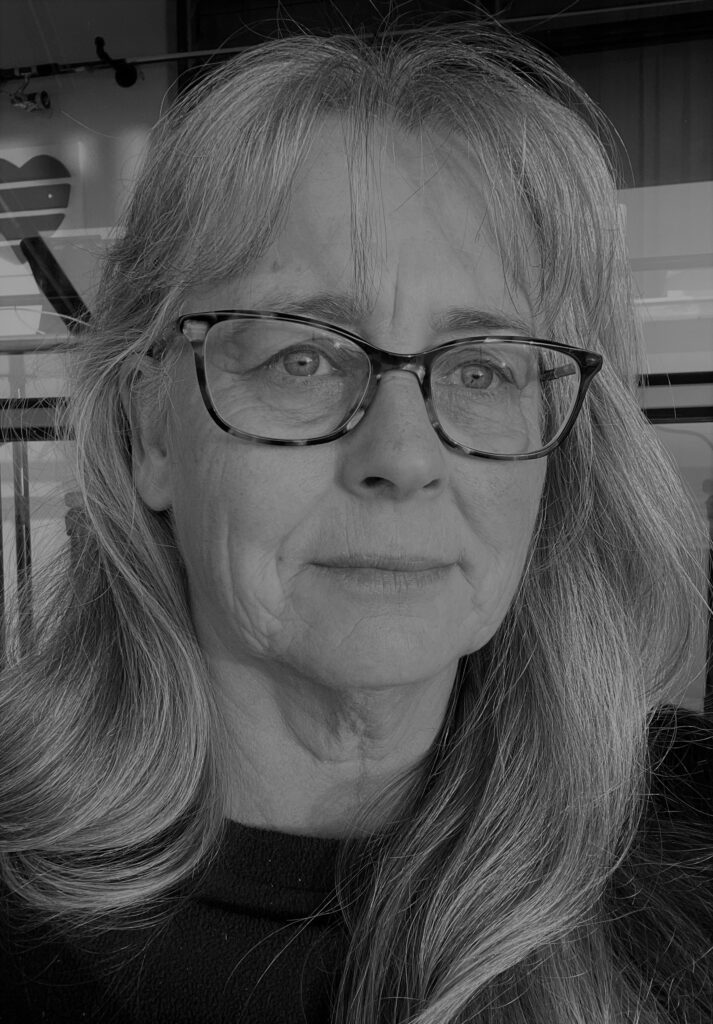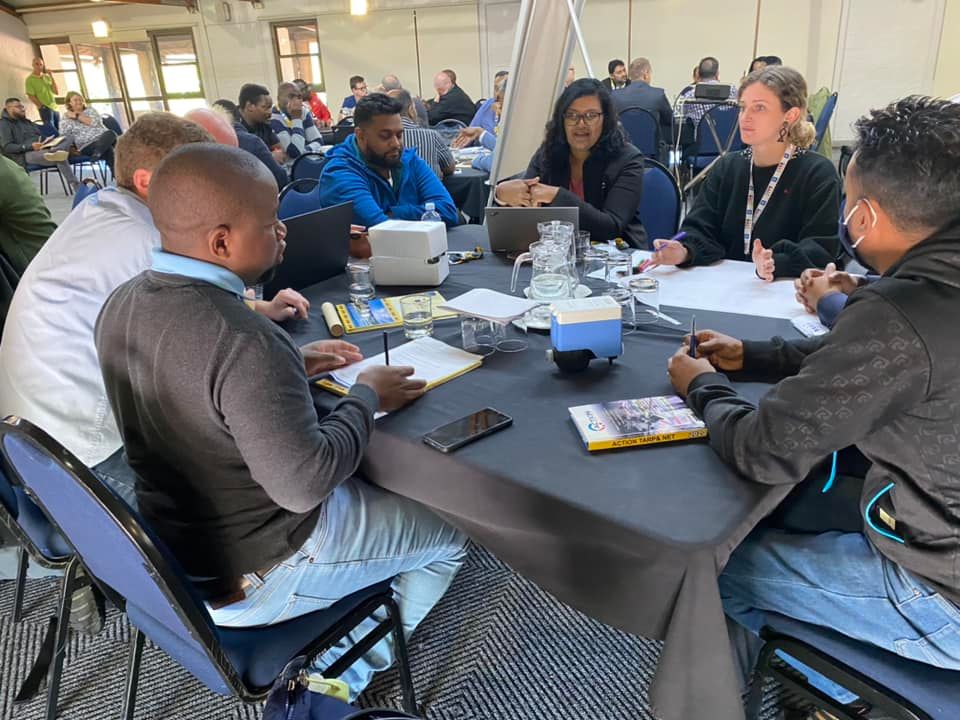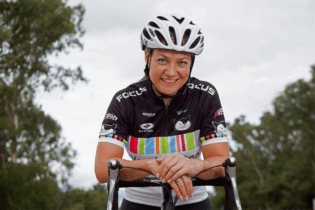WISA’s Innovation for Water Supply & Sanitation Division hosted a learning exchange and hackathon to address water management challenges through the design, construction and testing of low-cost smart devices that are compatible with existing water meters.


WISA’s Innovation for Water Supply and Sanitation Division, in partnership with eThekwini Municipality, hosted a learning exchange and hackathon at the Durban Botanic Gardens Conference Centre. This event provided a platform to enhance participants’ competence on design thinking and also enabled stakeholders to share ideas on developing a low-cost device with real-time monitoring and data transmission capabilities that can be attached to existing bulk and consumer meters.
Various industry leaders shared experience and knowledge at the event and provided guidance to hackathon participants. Day 1 of the two-day workshop covered the empathy and synthesis phases of the design process. Day 2 of the event moved on to the ideation and prototyping phases of the design and thinking process. Keep a lookout on the WISA website and communications for updates on the prototyping and implementation of the low-cost smart water metering device. The prototyping and development of the device is powered by an EU-funded water operators’ partnership programme managed through UN Habitat’s Global Water Operators’ Partnership Alliance. One of these partnerships was recently established between eThekwini Water and Sanitation in Durban, Hamburg Wasser in Germany and additional partners. The design of the device developed by the3 project will be available to other municipalities globally.






